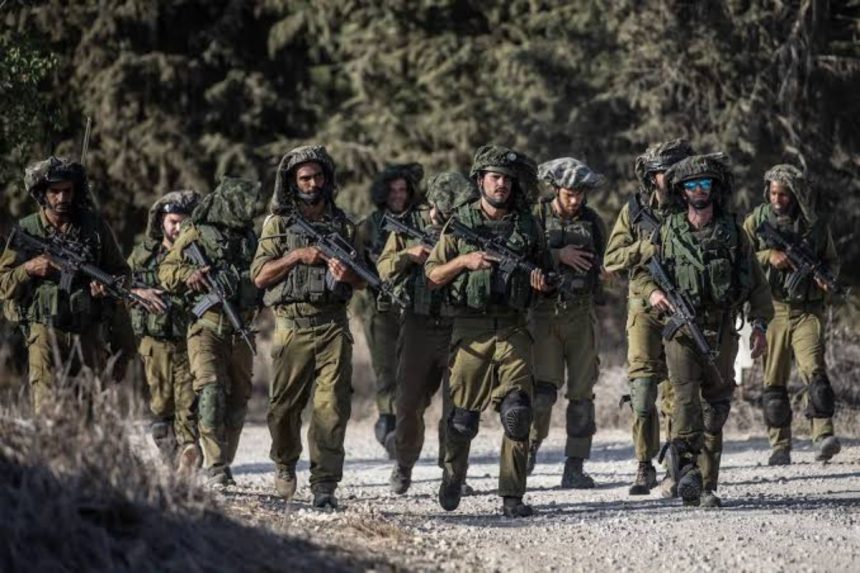In the wake of Iran’s recent missile and drone assault, several Western nations have called on Israel to exercise restraint to prevent further escalation in the Middle East.
The Israeli war cabinet, led by Prime Minister Benjamin Netanyahu, convened for the second time within 24 hours to deliberate on an appropriate response.
General Herzi Halevi, Israel’s army chief, assured troops at the Nevatim military base, which was affected by Iran’s attack, that Israel would retaliate. “This launch of so many (Iranian) missiles, cruise missiles, and UAVs into the territory of the State of Israel will be met with a response,” Halevi stated during his visit to the base, as reported by the Israeli military.
Rear Admiral Daniel Hagari, an Israeli military spokesperson, emphasized Israel’s commitment to self-defense, stating, “We will take all necessary measures to safeguard the State of Israel at a time and manner of our choosing.”
The Iranian offensive, which involved over 300 drones and missiles launched towards Israel late Saturday, was said to be in retaliation for an April 1st attack on the Iranian embassy’s consular annex in Damascus, an incident Iran attributes to Israel.
According to Israeli defense forces, with assistance from the United States and other allies, 99 percent of the incoming threats were intercepted, resulting in only minor damage.
The Nevatim base sustained a “light hit,” with the army later releasing footage of a crater at a construction site within the base, purportedly from the strike.
Western leaders, including Josep Borrell of the EU, French President Emmanuel Macron, German Chancellor Olaf Scholz, and former British Foreign Secretary David Cameron, have all urged for de-escalation.
Their sentiments echo those of UN Secretary-General Antonio Guterres, who stated, “Neither the region nor the world can afford more war. Now is the time to defuse and de-escalate.”
Russia, while not publicly criticizing its ally Iran, expressed concerns about the potential for escalation and joined the chorus of voices advocating for restraint.
Kremlin spokesman Dmitry Peskov highlighted the universal disinterest in further escalation, underscoring the need for caution moving forward.





